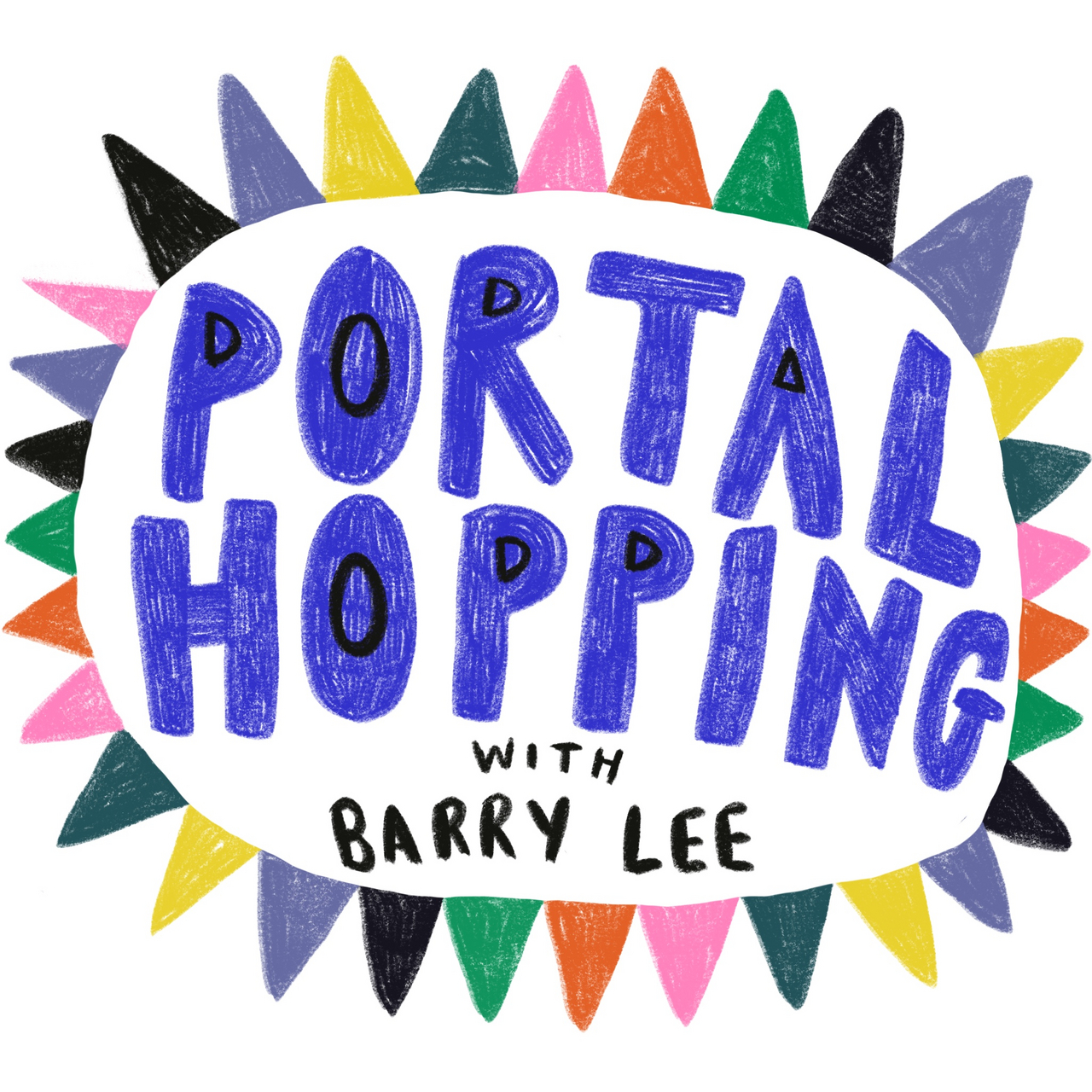
Portal Hopping
Barry Lee's mostly monthly newsletter where they share their art, things that inspire them, and what's happening in their life.

Barry Lee's mostly monthly newsletter where they share their art, things that inspire them, and what's happening in their life.